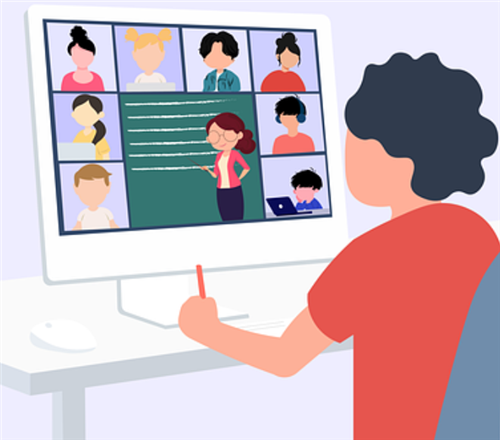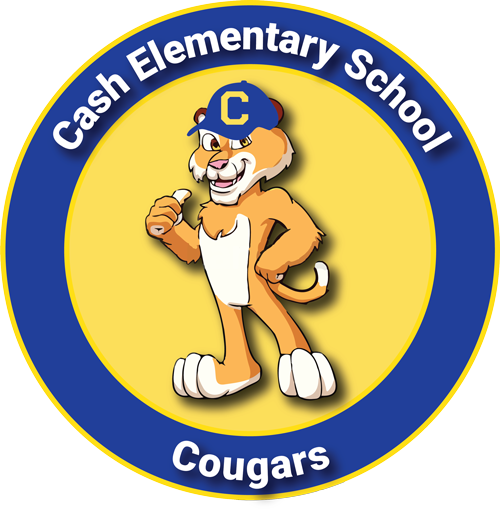Online Learning Management Systems
What is a Learning Management System
A Learning Management System (LMS) is a software application or web-based platform that provides tools and resources for managing and delivering educational content. It serves as a centralized hub where educators can create, organize, and deliver various types of learning materials to students. LMS platforms are commonly used in educational settings, including elementary schools, to enhance the teaching and learning experience.
Benefits of a Learning Management System for Elementary Students:
Access to Digital Learning Resources: LMS platforms offer a wide range of educational resources, including interactive lessons, videos, quizzes, and learning games. These resources can cater to various learning styles and make the learning process more engaging and enjoyable for elementary students.
Personalized Learning Paths: LMS platforms can adapt to each student's individual needs and progress. By analyzing students' performance and understanding their strengths and weaknesses, the LMS can provide personalized learning paths, recommending specific activities or lessons based on their skill level.
Enhanced Communication: LMS platforms often include features that facilitate communication between students, teachers, and parents. Messaging systems, discussion forums, and announcements keep everyone informed about assignments, upcoming events, and important updates.
Progress Tracking and Assessment: LMS platforms allow teachers to track students' progress in real-time. They can monitor completed assignments, quiz scores, and overall engagement with the learning materials. This data enables educators to identify areas where students may need additional support or intervention.
Flexibility and Remote Learning: Especially in situations where in-person schooling is challenging, an LMS provides the infrastructure for remote learning. Elementary students can continue their studies from home, ensuring continuity in their education.
Time Management and Organization: LMS platforms typically have calendars and scheduling features that help students stay organized. They can view due dates for assignments, plan their study time, and manage their workload effectively.
Parental Involvement: LMS platforms often allow parents to access their child's learning progress and performance reports. This increased transparency fosters stronger communication between parents and teachers, encouraging active parental involvement in the child's education.
Gamification and Rewards: Some LMS platforms use gamification elements, such as badges, points, and rewards, to motivate elementary students and encourage their active participation in the learning process.
Safe and Secure Environment: Learning Management Systems maintain a safe and secure online environment for elementary students. They have features that protect students' data and ensure that the platform complies with privacy regulations.
Overall, a Learning Management System can benefit elementary students by making learning more engaging, accessible, and personalized, leading to improved academic performance and a positive learning experience. However, it's crucial to implement the LMS effectively and ensure that it aligns with the specific needs and goals of the elementary school and its students.
Our district provides Seesaw LMS for our K-2 students, and Canvas for our grades 3-5 students. Your teacher will give you and your student guidance in how we will utilize these LMS applications to enhance instruction and learning this year.

Online Learning Management System for Kindergarten, 1st, and 2nd Graders
Click the link to login:
Online Learning Management System for 3rd - 5th Graders
Click the link to login:
Put your best PAWS forward!
